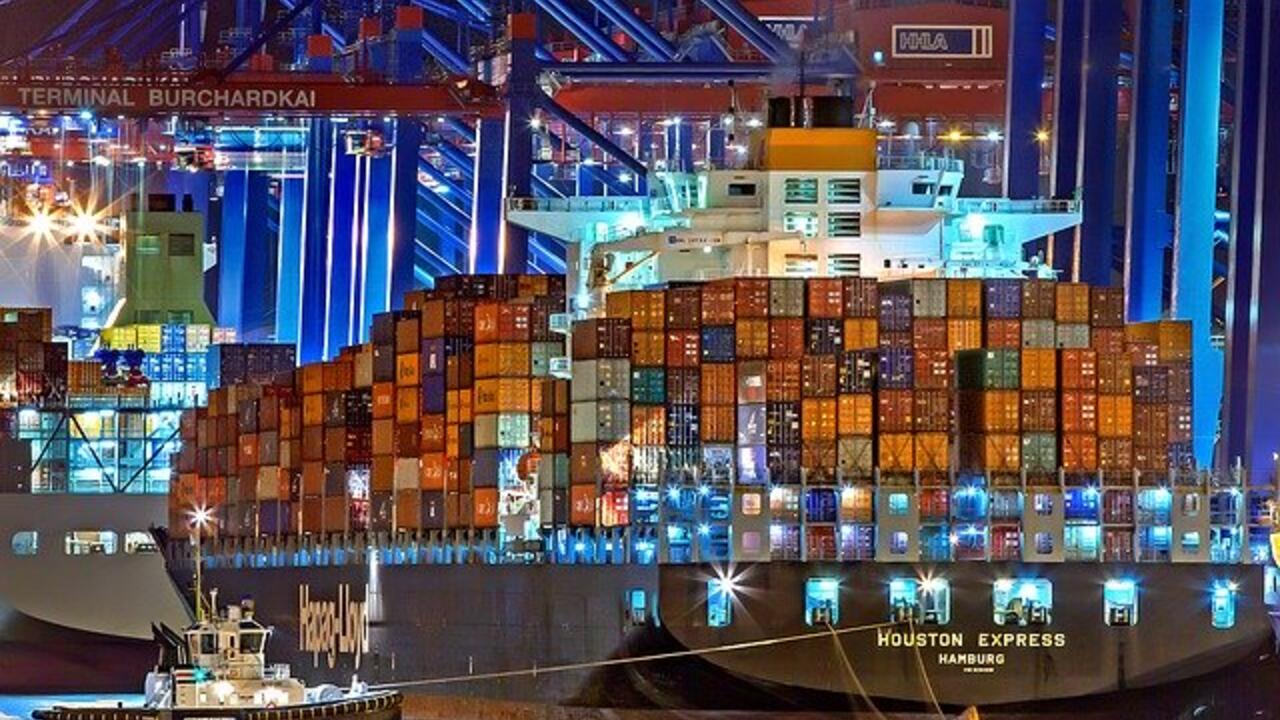
Global supply chains in the age of a pandemic
COVID-19 has shown economies need to become more resilient

COVID-19 has shown economies need to become more resilient
By University RelationsThe disruptive impacts of the COVID-19 pandemic have shown there is a need to make global supply chains more resilient, according to an expert panel.
The panel, part of Waterloo’s GEDI Post-COVID-19 Reboot Panel Series, was made up of subject matter experts from the University of Waterloo and a supply chain manager from Amazon Canada. They agreed that COVID-19 had exposed some significant vulnerabilities in global supply chains that should be addressed to insulate economies from possible future disruptions.
"It's astounding that a virus can bring a global economy to its knees. It shows that the global supply chain we have built is quite brittle," said Jatin Nathwani, a professor of Management Science at Waterloo and executive director of the Waterloo Institute for Sustainable Energy. “We’ve created a system that creates good profits, but a minor disruption in the system can bring the whole house of cards down.
“We need a more resilient system for which we will have to be willing to pay for.”
Nathwani was joined on the panel by professor Fatma Gzara, co-director of Waterloo's Analytics and Optimization Lab, Olaf Weber, a professor in Waterloo’s School of Environment, Enterprise and Development, and Rohan Gupte, senior program manager of supply chain execution at Amazon. The panel was chaired by Larry Smith, associate professor of Economics at Waterloo.
The panel agreed that COVID-19 would require some changes in the way companies and economies do business to ensure that global supply chains are able to withstand shocks that may come from future disruptions, such as another pandemic or the impacts of climate change.
“Companies should think of out of the box strategies, such as allowing employees to override system decisions so they can better respond to emerging trends,” said Gzara. “It’s also time that companies revisit modelling their supply chains, which could mean the difference between faring well or going out of business.”
The COVID-19 pandemic is something that is impacting supply chains in companies of all sizes, including Amazon and it's a learning lesson for every business. For Amazon, that has meant looking at every aspect of its own supply chain—customers, fulfillment network and upstream partners—to see how it can make it more flexible.
"In terms of challenges, it's an understatement to say supply chains, in general, are facing considerable challenges," said Gupte. "Developing and curating a list of multiple sources where we can get our core products from is going to be key, so when one channel goes dry, we can tap another market."
The GEDI Reboot series has four more panels in its series, covering security and data privacy, real-world research, viral detection and mitigation, and our virtual future.

Read more
Here are the people and events behind some of this year’s most compelling Waterloo stories

Read more
It Started in Waterloo: An Astronaut's Journey into the Universe of Innovation, narrated by Chris Hadfield, highlights the University of Waterloo’s role in igniting innovation within the region and beyond.

Read more
Velocity’s $10K Momentum Grants help student builders become full-time founders
The University of Waterloo acknowledges that much of our work takes place on the traditional territory of the Neutral, Anishinaabeg, and Haudenosaunee peoples. Our main campus is situated on the Haldimand Tract, the land granted to the Six Nations that includes six miles on each side of the Grand River. Our active work toward reconciliation takes place across our campuses through research, learning, teaching, and community building, and is co-ordinated within the Office of Indigenous Relations.